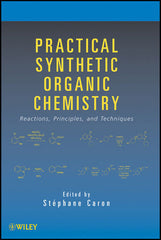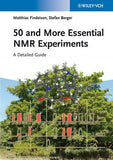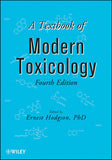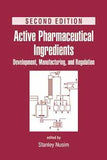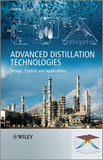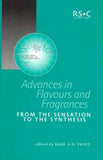Practical Synthetic Organic Chemistry: Reactions, Principles, and Techniques by Stephane Caron (Editor)
Practical Synthetic Organic Chemistry: Reactions, Principles, and Techniques872 pages
July 2011
Paperback
|
“The last sentence by editor Caron is an appropriate conclusion: “Building each chapter … served as an excellent chemistry refresher course for the authors, and we learned a lot of new chemistry in the process.” Chemists everywhere will applaud their efforts and.” (Angewandte Chemie, 2012)
"The book is extremely good value, partly because it is not available in hardback and whilst this may please budget-holders initially, it also is another good reason for looking forward to a second edition. . . Overall, apart from one or two very minor complaints, this book is highly recommended, in fact it should be a must for all practising synthetic organic chemists." (Organic Process Research & Development Journal, 2011)
"...an emphasis on practicality, scalability and efficiency... I would imagine this will be a popular teaching text in universities but it should also be read by process chemists for an insight into good synthetic organic chemistry and route design. It looks excellent value for money." (Scientific Update, 2011)

